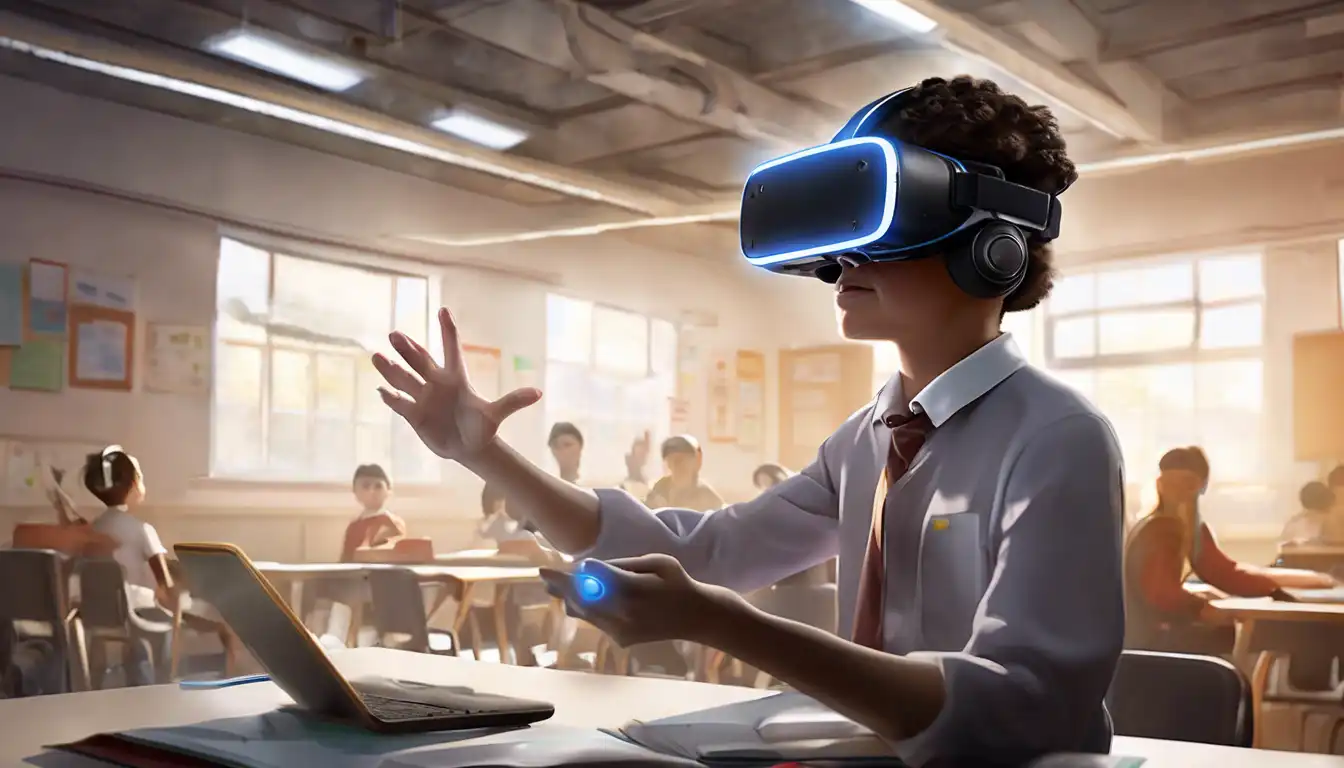The Transformative Impact of Virtual Reality on Learning and Skill Development
Virtual Reality (VR) technology has rapidly evolved from a futuristic concept into a practical tool with the potential to revolutionize education and training. By creating immersive, interactive environments, VR offers unparalleled opportunities for experiential learning, making it a powerful asset in both academic and professional settings.
Why VR is a Game-Changer in Education
VR transforms traditional learning methodologies by providing students with immersive experiences that were previously impossible or impractical. For instance, medical students can perform virtual surgeries, and history students can explore ancient civilizations firsthand. This hands-on approach not only enhances understanding but also increases retention rates.
Enhancing Professional Training with VR
Beyond the classroom, VR is making waves in professional training programs. Industries such as aviation, healthcare, and manufacturing are leveraging VR to simulate real-world scenarios, allowing trainees to practice and hone their skills in a risk-free environment. This not only improves safety but also reduces training costs.
The Benefits of VR in Education and Training
- Engagement: VR's immersive nature captivates learners, making education more engaging and enjoyable.
- Accessibility: With VR, geographical and physical limitations are eliminated, enabling access to high-quality education and training for everyone.
- Customization: VR programs can be tailored to meet individual learning styles and paces, offering a personalized learning experience.
- Cost-Effectiveness: Over time, VR can reduce the need for physical materials and travel, offering a more sustainable and economical solution.
Challenges and Considerations
Despite its potential, the integration of VR into education and training is not without challenges. High costs of VR equipment and the need for technical support can be barriers for some institutions. Additionally, ensuring content quality and relevance is crucial for maximizing the benefits of VR.
Looking Ahead: The Future of VR in Learning
As VR technology continues to advance, its applications in education and training are expected to expand. With the development of more affordable and accessible VR solutions, the potential for widespread adoption is significant. The future of learning is here, and VR is leading the charge towards a more interactive and effective educational landscape.
For more insights into the latest trends in educational technology, explore our technology trends section.
